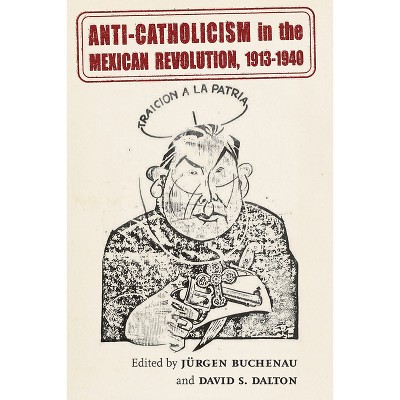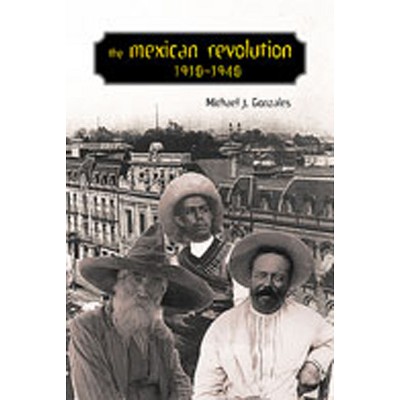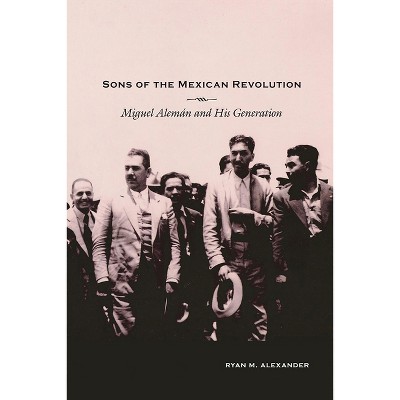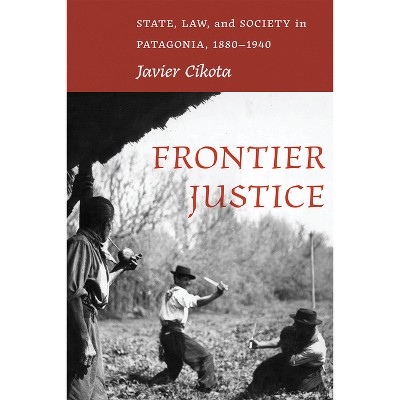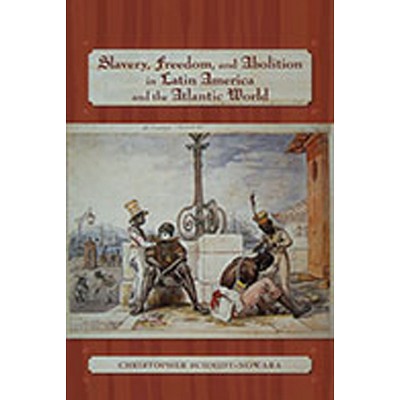Tides of Revolution - (Diálogos) by Cristina Soriano (Paperback)

About this item
Highlights
- Winner of the 2019 Bolton-Johnson Prize from the Conference on Latin American HistoryThis is a book about the links between politics and literacy, and about how radical ideas spread in a world without printing presses.
- Author(s): Cristina Soriano
- 336 Pages
- History, Latin America
- Series Name: Diálogos
Description
About the Book
This is a book about the links between politics and literacy, and about how radical ideas spread in a world without printing presses.
Book Synopsis
Winner of the 2019 Bolton-Johnson Prize from the Conference on Latin American History
This is a book about the links between politics and literacy, and about how radical ideas spread in a world without printing presses. In the late eighteenth and early nineteenth centuries, Spanish colonial governments tried to keep revolution out of their provinces. But, as Cristina Soriano shows, hand-copied samizdat materials from the Caribbean flooded the cities and ports of Venezuela, hundreds of foreigners shared news of the French and Haitian revolutions with locals, and Venezuelans of diverse social backgrounds met to read hard-to-come-by texts and to discuss the ideas they expounded. These networks efficiently spread antimonarchical propaganda and abolitionist and egalitarian ideas, allowing Venezuelans to participate in an incipient yet vibrant public sphere and to contemplate new political scenarios. This book offers an in-depth analysis of one of the crucial processes that allowed Venezuela to become one of the first regions in Spanish America to declare independence from Iberia and turn into an influential force for South American independence.
Review Quotes
"Engaging and thought-provoking."
--H-LatAm"Tides of Revolution constitutes an important contribution to the scarcity of research on information circulation in the Americas. One of Soriano's main merits is to document the relevance of multimedia sources in a territory without a printing press. She thus goes well beyond the more limited conception that privileges printed and written materials only."--Kevin Sedeño-Guillén, New Perspectives on the Eighteenth Century
"Cristina Soriano makes an innovative argument about the emergence of the public sphere in Latin America through a fascinating and groundbreaking study of media, culture, and political movements in late colonial Venezuela."--Edward P. Pompeian, Hispanic American Historical Review
"Soriano demonstrates that coastal Venezuela suffered profound transformations in the wake of the French Revolution in the Caribbean. She thus recovers older narratives that had long connected the Latin American wars of independence to the wider late eighteenth-century Atlantic radical politics and texts."--Jorge Cañizares-Esguerra, Estudios Interdisciplinarios de América Latina
"The book's major contribution (and argument) stems from late colonial Venezuela's apparent absence of 'formal centers of debate, ' such as printing houses, literate societies, and bookshops. Using neglected Venezuelan, Spanish, and US sources such as contraband books, pasquinades, pamphlets, and songs, she [Cristina Soriano] reconstructs the development of what she terms 'semiliterate forms of knowledge, ' including rumor, visual media, and orality."--Jesse Zarley, Latin American Research Review
"This excellent book offers genuinely new evidence and interpretations on how print media, manuscripts, the reading practices and performances around these objects, and the circularity between print and oral cultures (including rumors and songs) shaped conspiracies and revolts in late colonial Venezuela. . . . This is a very important work on the history of books and newspapers in colonial Latin America and on print media in a place that lacked printing presses."--Alex Borucki, Journal of Latin American Studies






